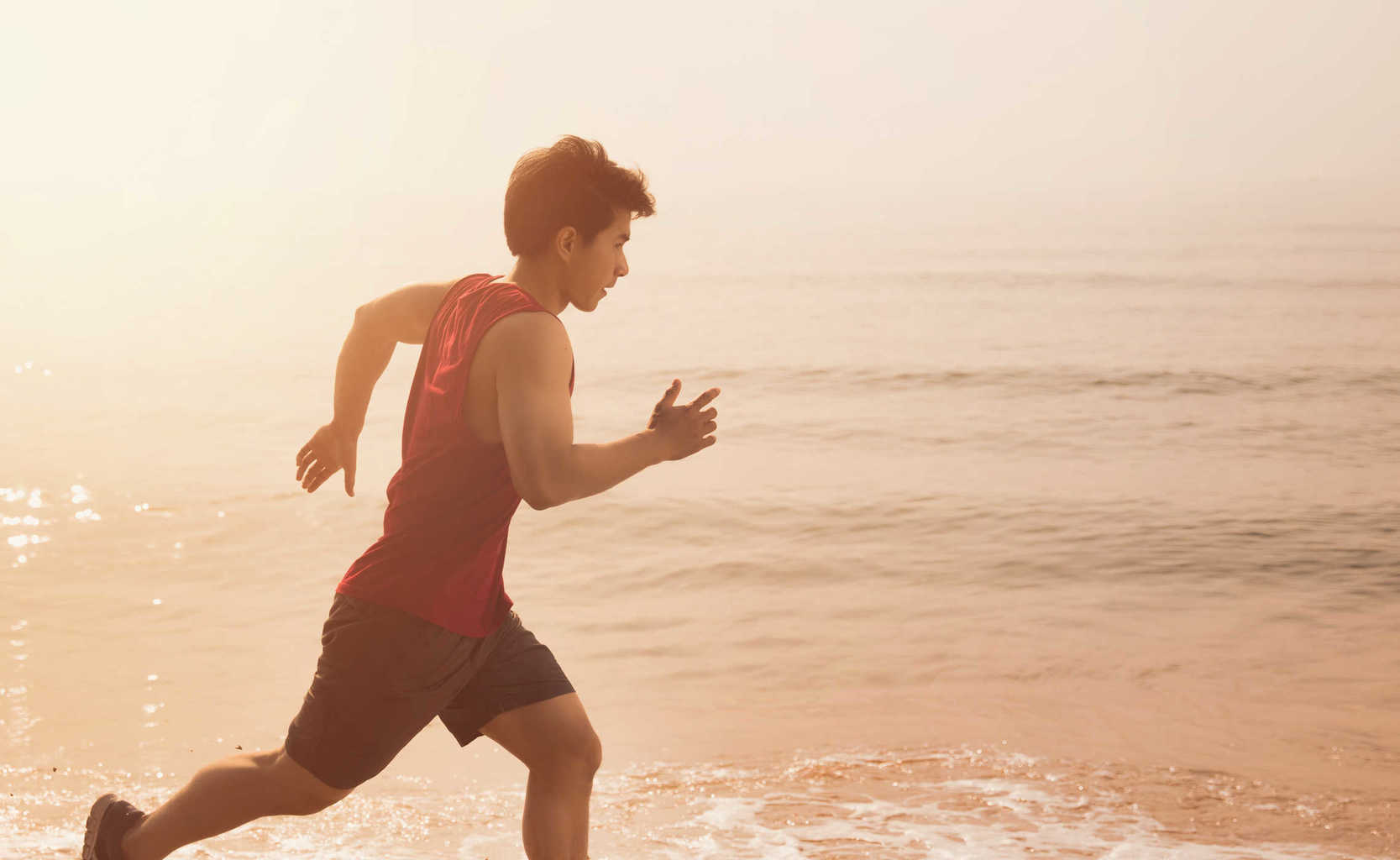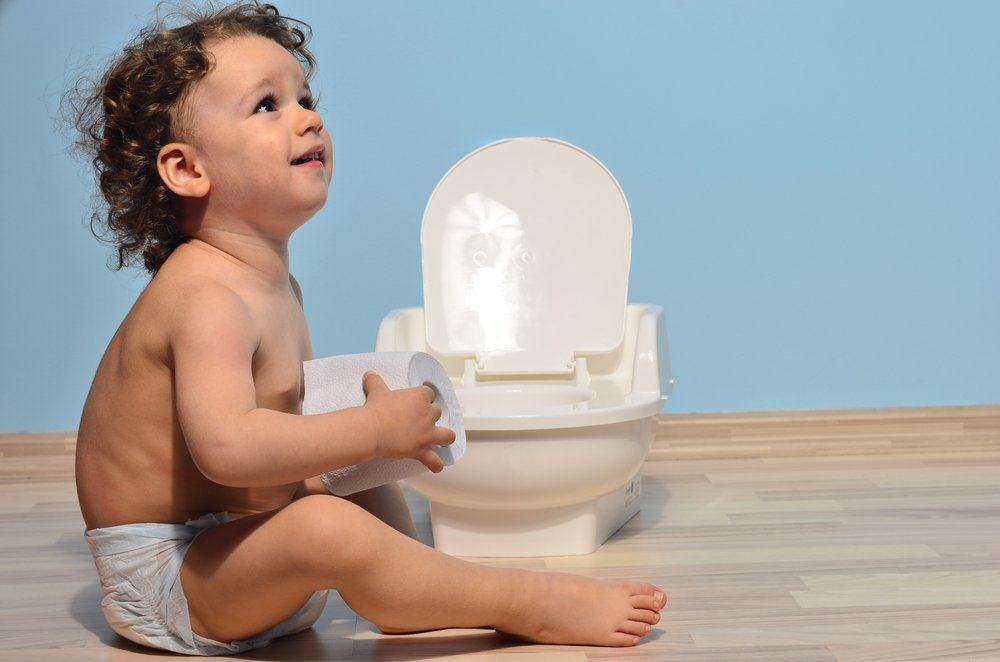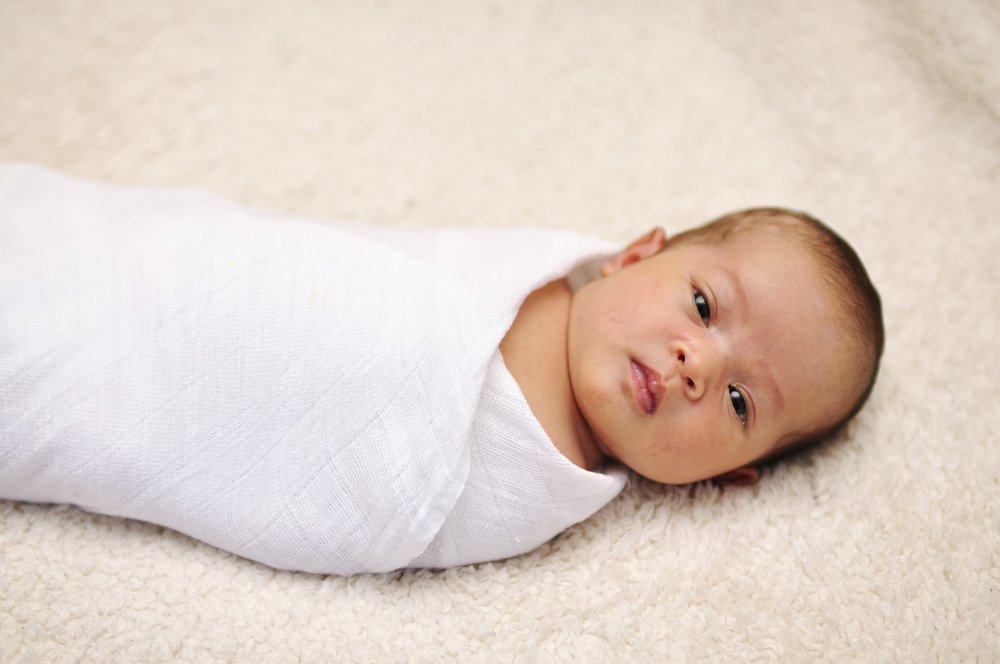Contents:
- Medical Video: Health Advice For People Living With HIV AIDS. How To Take Care Of Yourself & Live Long
- Sports for people with HIV / AIDS, what kind of good?
- Install 2 alarms
- Eat and drink right
- Choose activities that you like
- Do not exaggerate
Medical Video: Health Advice For People Living With HIV AIDS. How To Take Care Of Yourself & Live Long
If you have never exercised before, it will be very difficult for you to start exercise after being diagnosed with HIV and decide to have a exercise routine. Here are some sports tips for
Sports for people with HIV / AIDS, what kind of good?
Install 2 alarms
It may be hard to get up early in the early stages when you are just starting to exercise. Make sure you can wake up on time, install 2 alarms and place them away from your bed. The first alarm tells you that you still have a few minutes to sleep and the second alarm to really wake you up.
Eat and drink right
Drinking enough fluids is very important when you exercise. Water can replace the fluid that comes out of the body. Remember that tea, coffee, soda, chocolate or alcohol are dangerous and can cause you to lose body fluids. Check the following link to know which drinks are good to drink while exercising. Don't eat large portions before exercising. Try to eat for the first 1 hour after a sports session to replace your body's energy reserves. Eating snacks such as apples or whole wheat bread filled with peanut butter before exercising can increase energy.
Proper nutrition is also very important. With increased activity, you will need to consume more calories to avoid weight loss. You can prepare a delicious breakfast the night before and warm it in the microwave in the morning. This can make you more enthusiastic about sports. Thinking about a nutritious breakfast after exercise can be a pleasant experience.
Choose activities that you like
Choose activities that you enjoy. Whether it's yoga, running, cycling or other sports. Doing something you like can encourage you to keep exercising regularly. Take a break for a relaxing walk.
You can start with moderate exercise and increase its intensity when your health condition improves. If your fitness level is good, you can take part in competitive sports. Take it easy, participate in competitive sports or the team has no risk of spreading HIV to other athletes and coaches.
Do not exaggerate
Enough exercise programs will improve body composition and minimize health risks. At first, just exercise slowly and adjust your exercise schedule in your daily activities. Excessive exercise can cause harmful effects on your health.
Exercise at least 20 minutes, 3 times a week, as much as you can. Routine exercise can boost your body's fitness level so that you will feel better. Once the strength and energy are felt to increase, try increasing the time you exercise. For example, 5 minutes to 1 hour, 3-4 days a week.
Sports is also one of the methods of HIV therapy that can improve your immune system. Exercise may also be more useful than treatment in certain cases, especially supporting positive thoughts. So why don't you start sports now?
Hello Health Group does not provide medical advice, diagnosis or treatment.












